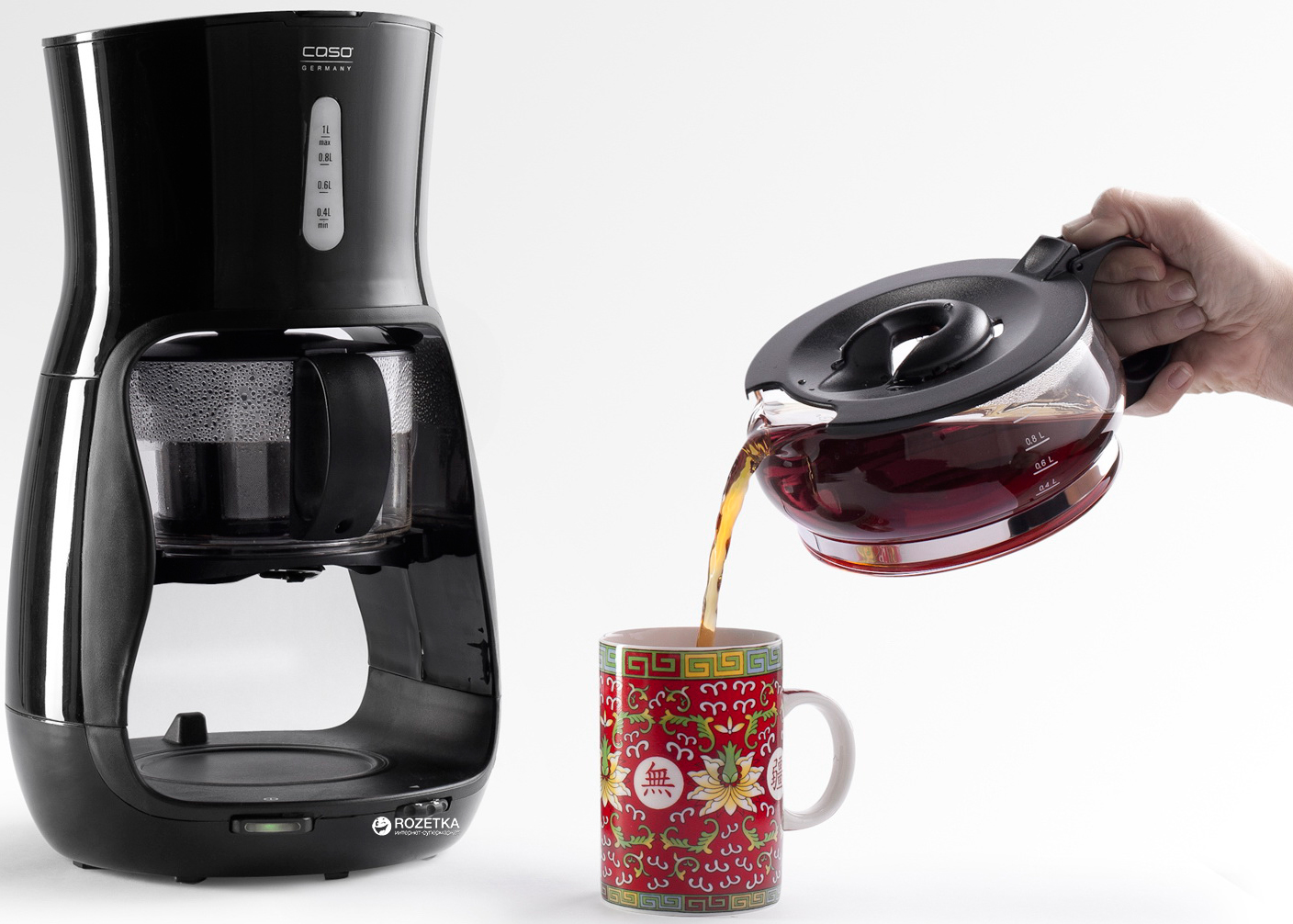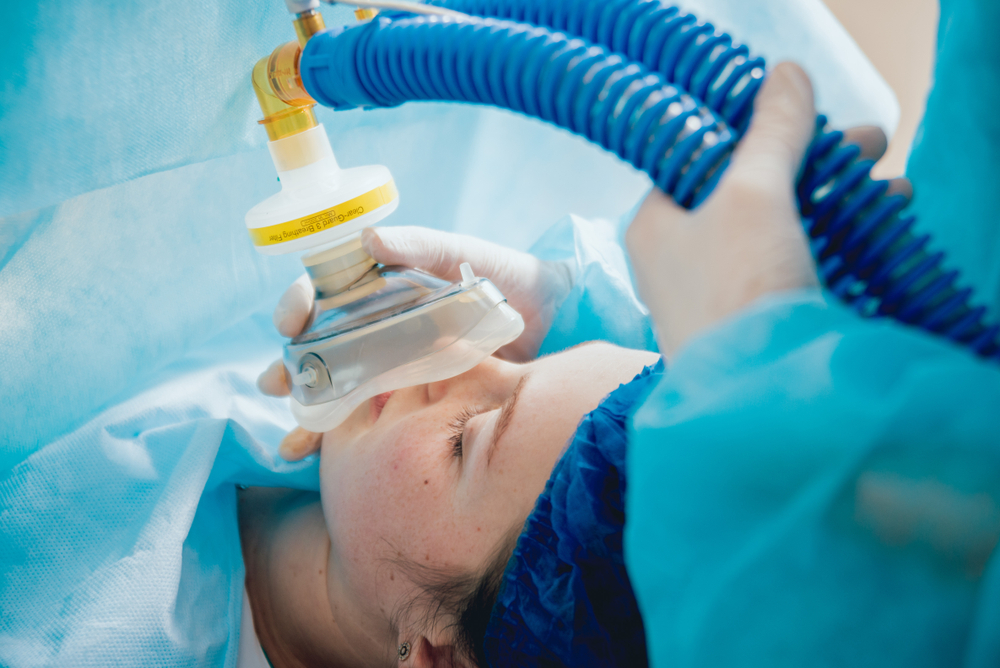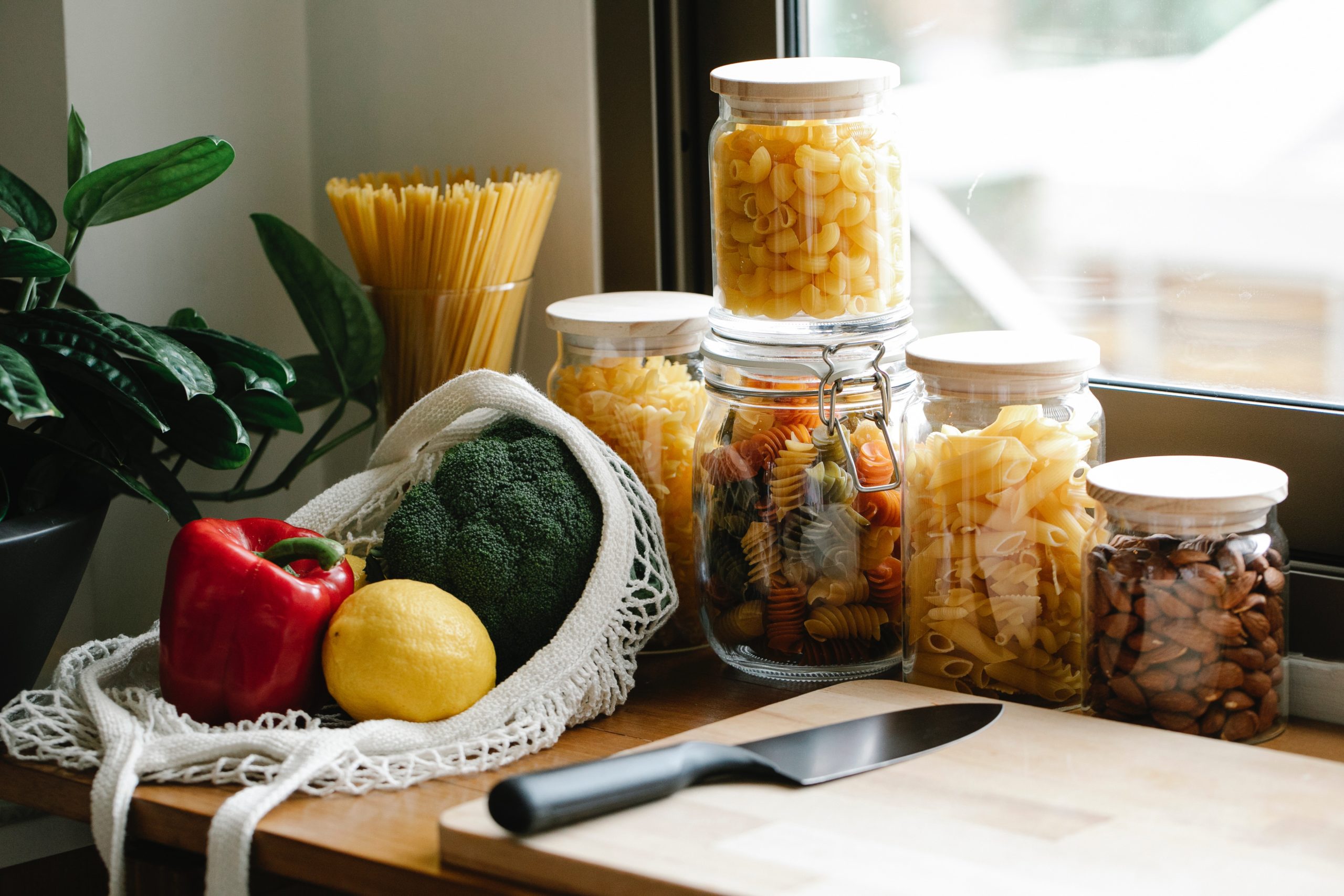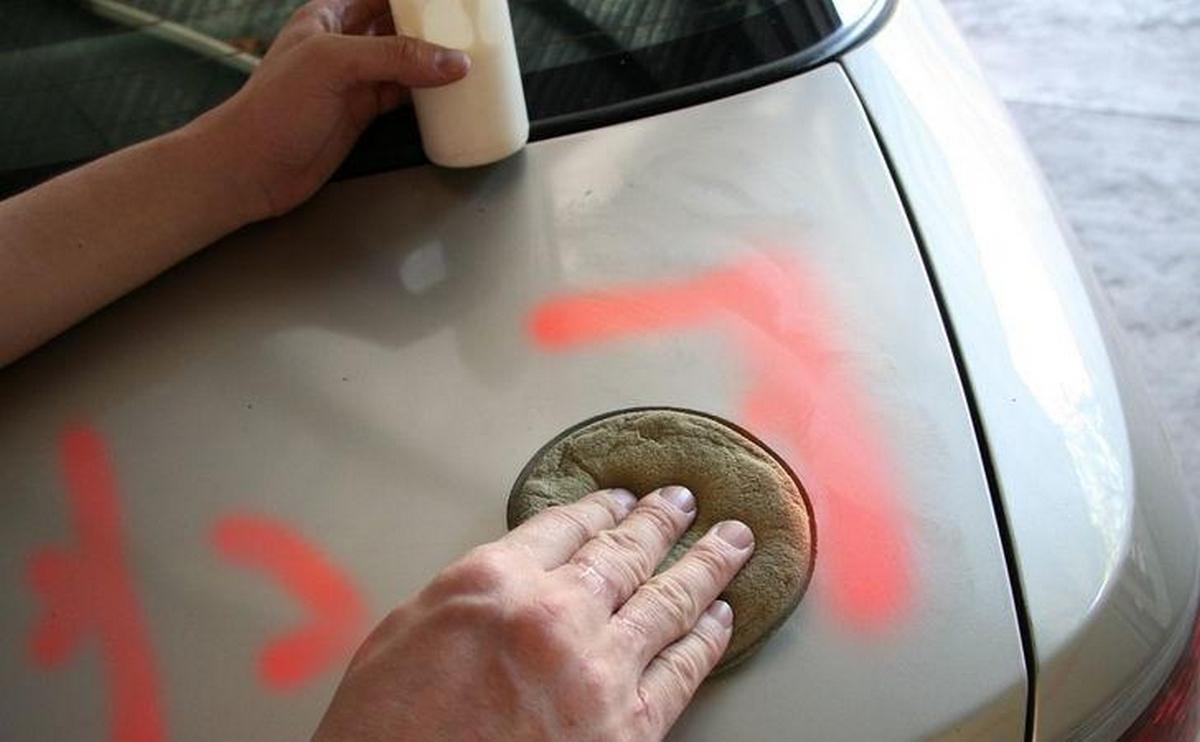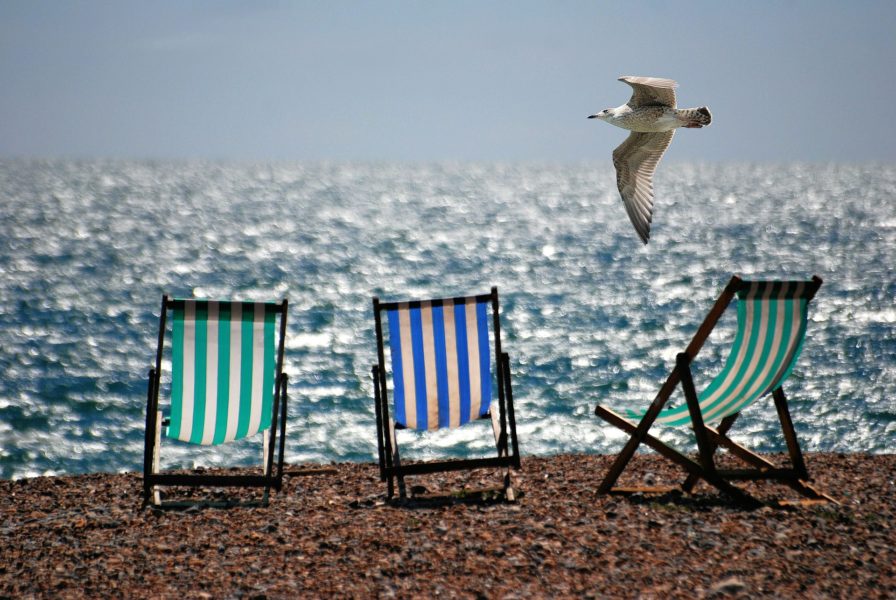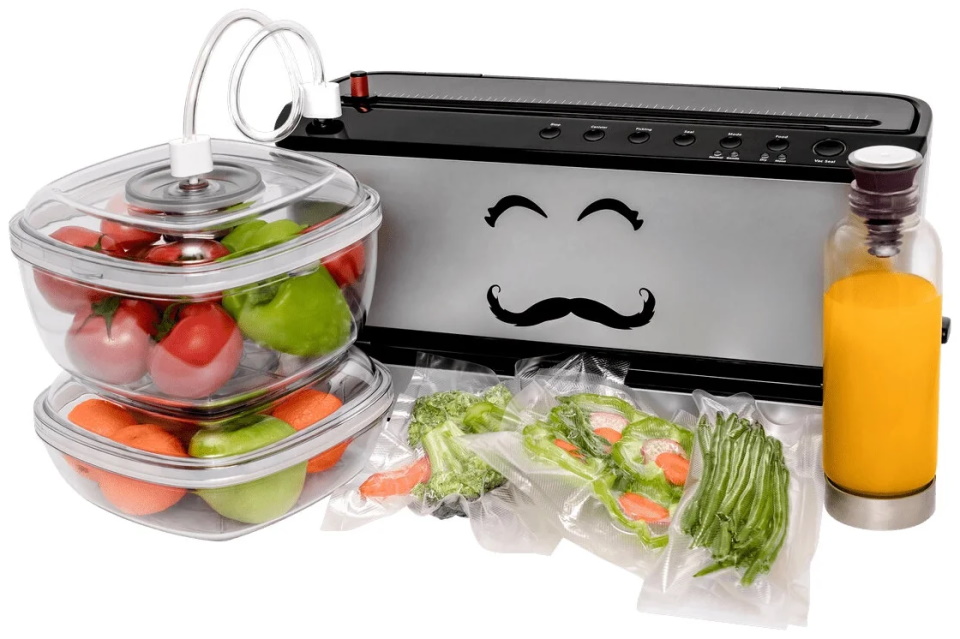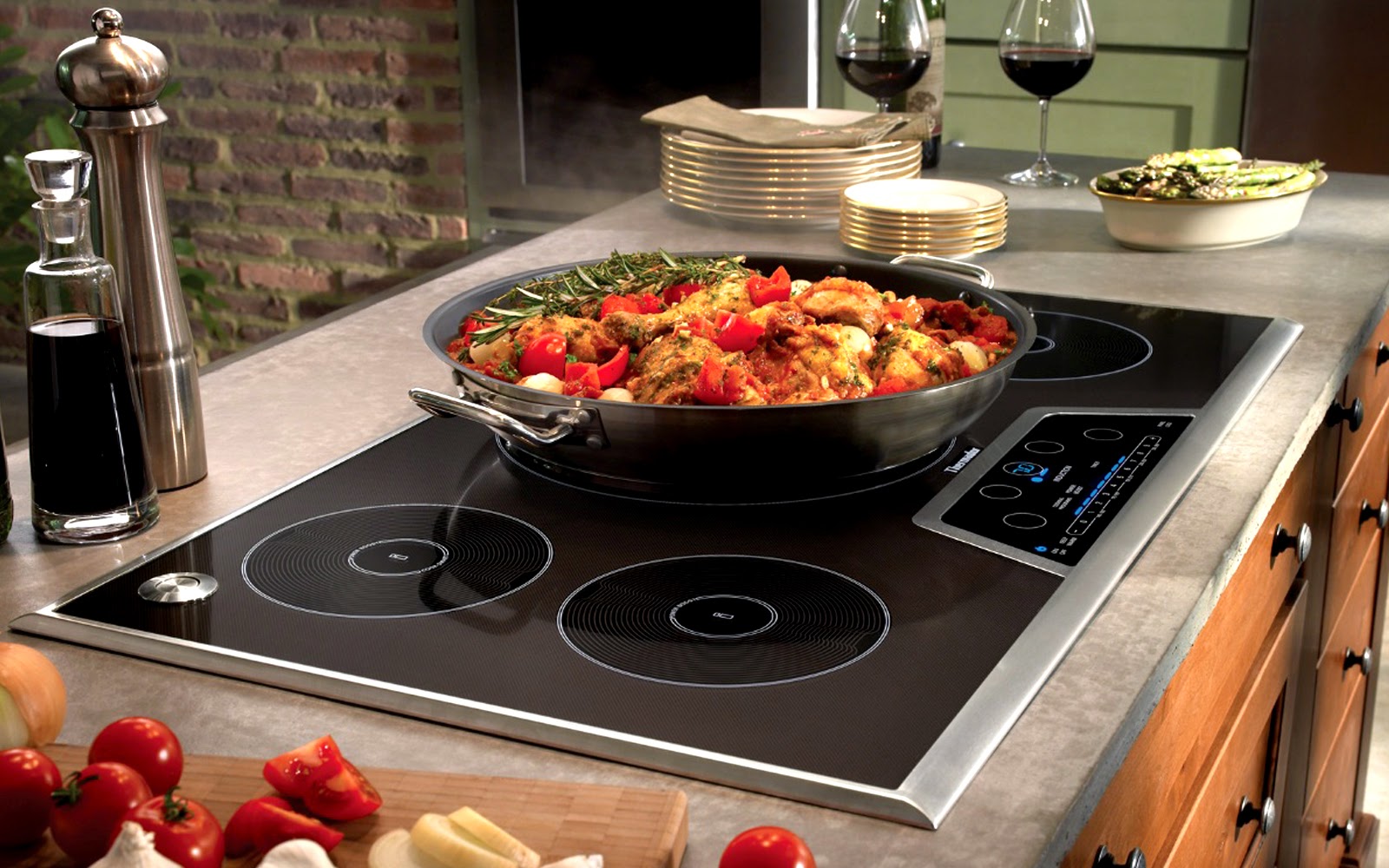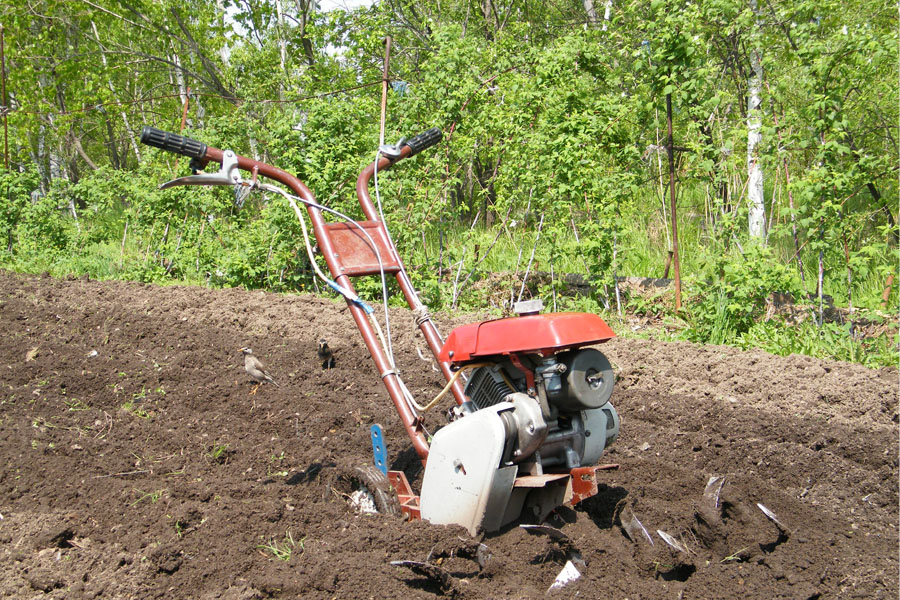Rating of the best rosé wines for 2022
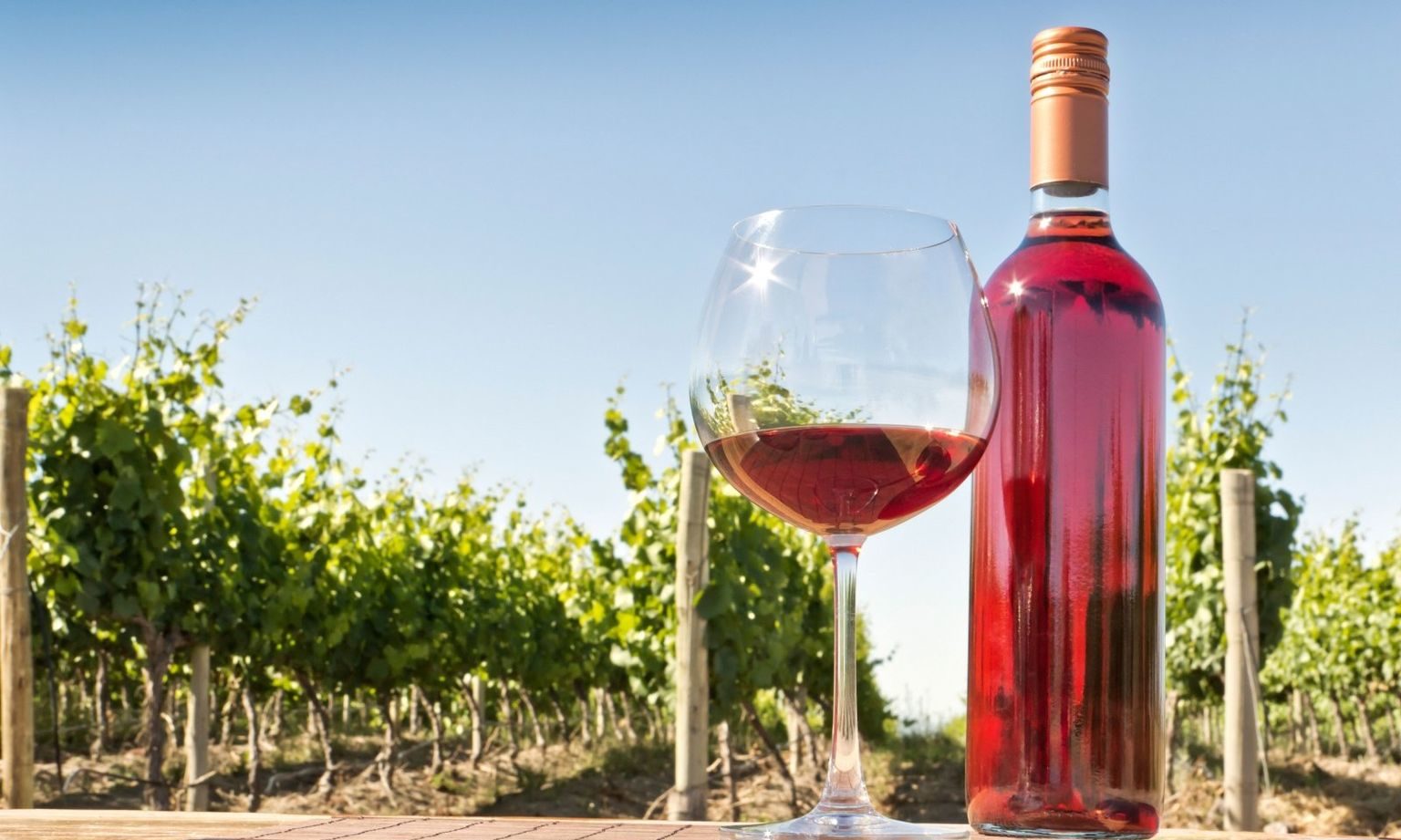
Rosé wine is somewhere between red and white. Without astringency of the first and pronounced sourness of the second. It has a refreshing taste, beautiful color.
Content [Hide]
What it is
Rose wine is not a mixture of red and white, and has nothing to do with roses. Produced from red grape varieties such as: Shiraz (Australian variety), Pinot Noir, Garancha. Sometimes white grapes are also used for production, insisting the juice on the pulp of red varieties.
French Provence is considered the birthplace of the drink.The first mention of rosé wine dates back to the 14th century - it turns out that rosé appeared even before champagne.
It is said that Tavel fell in love with the Pope when he lived in Avignon. After the drink was brought to Italy, where the production of rose wines was established.
There are only two production technologies:
- Squeezing - the rapid separation of juice (the pulp of most grape varieties is white) from the skin. In this case, the juice has time to turn a pale pink color. Sometimes such wines are called gray because of the specific shade.
- Infusion - at the initial stage, the technology practically does not differ from the production of red varieties. The berries are crushed and left to ferment for several hours (for comparison, red wine is fermented for about a week).
As for mixing red and white wines, according to experts, such a blend simply kills the taste of both drinks. In the EU, for example, the production of rosé wine by blending has been strictly prohibited since 2009.
The technology can be used only for the production of champagne, sparkling wines.

Benefit and harm
Rosé wine is lighter when compared to white and red varieties. There are no tyramines in the rose (they are the ones that cause headaches). The exception is sparkling drinks, which can cause not only migraine attacks, but also significant discomfort in the stomach.
Another plus is the high concentration of antioxidants that prevent early aging, including the heart and blood vessels. This effect is achieved thanks to the production technology - a short maceration period (fermentation process). Useful substances from berries, juice and pulp do not have time to collapse.
In terms of calories, it is comparable to white wine, for example, a semi-sweet rose (depending on the variety) is about 70 calories per 100 ml. So, if you do not get carried away, there is no threat to the figure.
In general, rose wine is good not only for health, the beautiful color creates a festive atmosphere, great for a romantic dinner or gatherings with friends. On the basis of a rose, in combination with sparkling water and lemon balm, delicious cocktails are obtained.
It is better to serve the rose chilled, keep the open bottle cold. When heated, the wine becomes sour, losing most of its flavors. Suitable for almost any dish - from fruit salads to stewed meat dishes. The only exception is, perhaps, fatty meats and dishes with a sharp, rich taste (barbecue or barbecue, for example).
But do not forget that with all the useful properties - it is alcohol. Therefore, it should not be abused. Especially for people with hypertension and problems with the cardiovascular system. In this case, there will be more harm than good.
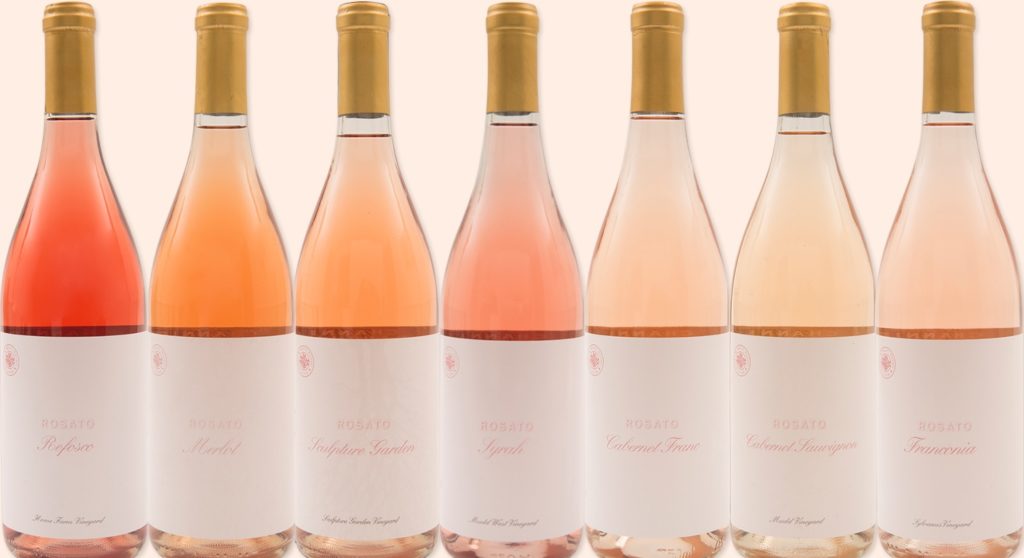
How to choose
When choosing, you should follow the following recommendations:
- Packaging - choose bottled wine. Drinks in boxes are most likely a surrogate that has nothing to do not only with rose wine, but with wine in general. Wine is poured into cardboard containers for restaurants and bars, the minimum volume of such a box is 10 liters, so you can’t just buy such a rose in a supermarket.
- It is better to choose a bottle from dark glass. Yes, the color cannot be appreciated, but the wine is protected from the effects of light, which means that the taste will remain unchanged.
- The date of bottling. Rosé wine is a “drink of youth”, it cannot be stored for a long time, like red wine, for example. Loss of taste and aroma.The taste of the drink can be fully appreciated after a year.
- Color - shades can be very different, from pale pink (rose) to salmon. By the way, the darker the color, the brighter the taste and aroma.
- Shelf life - maximum no more than 5 years. By the way, vintage rosé wines, unlike, for example, red ones, are sold cheaper than drinks from last year's harvest (with the exception of collection drinks).
- Composition - the grape variety must be indicated. Wine in the price segment up to 500 rubles is a blend of different varieties, a single-varietal drink of good quality can be bought for 700-1000 rubles.
- The price is a good rosé wine, just like any other can't be cheap. The exception is sparkling wines. The production uses the technology of mixing white and red wine, with the addition of triage liquor (cane sugar, yeast and reserve wine). Such a drink can be bought at a price of up to 500 rubles.
Pay attention to the location of excise stamps, labels. There should not be any displacements or streaks of glue. The packaging should contain information about the manufacturer, region.
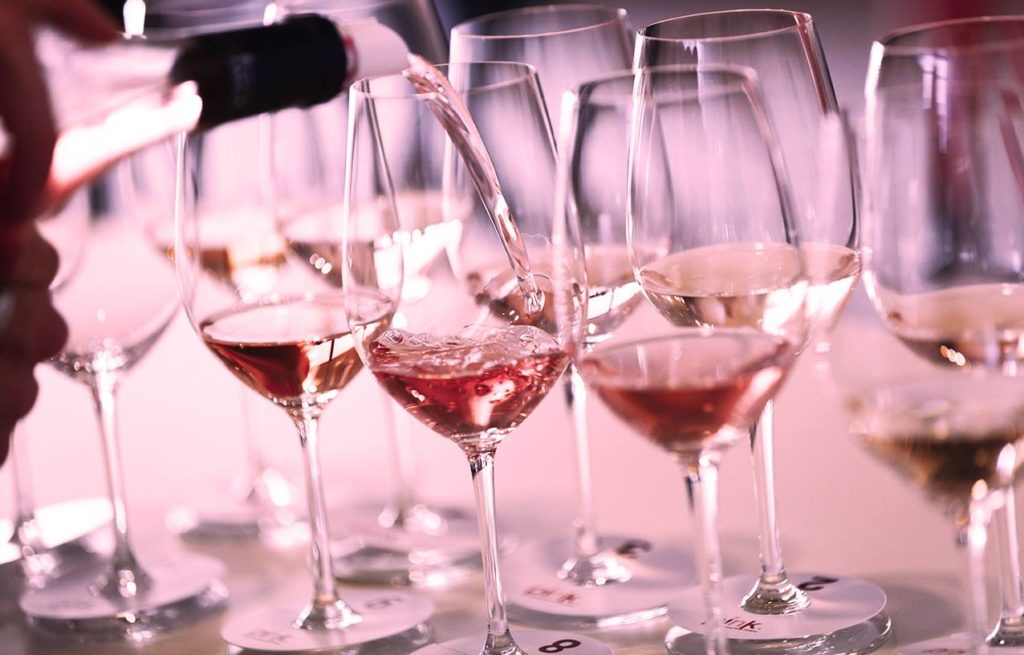
Rating of the best rosé wines for 2022
The review is based on information from the Roskachestvo website, customer reviews, sommelier opinions.
The best drinks worth up to 500 rubles
The rating of the best rosé wines in this price category according to Roskachestvo looks like this:

Southern Terroir
votes 11
From the Novorossiysk winery Myskhako. Semi-dry wine in a transparent bottle of pale pink color with a raspberry hue from Pinot Noir and Pinot Gris. Balanced taste, with bright berry notes (something lingonberry-strawberry) combined with light lemon bitterness, but without excess acid.
Suitable for vegetable dishes and seafood.The recommended serving temperature is 12-14 degrees.
Volume - 0.75 l
Fortress - 12%
Price - 395 rubles
- high tasting score (81 out of 100);
- compliance with GOST in terms of transparency and color;
- pleasant taste with berry notes;
- not sour.
- It may seem rustic to connoisseurs of rosé wines, but it's worth a try.

Copyright
votes 9
From Taman Phanagoria. Interesting name and pleasant taste with a long aftertaste. Produced from Cabernet Franc grapes grown on the Taman Peninsula. The color is transparent, straw with a slight pink tint. The taste is balanced, shades of cherry, strawberry, red currant are felt.
Before serving, it is better to cool the drink, otherwise the acid will “clog” all the flavors.
Volume - 0.75 l
Fortress - 13%
Price - 420 rubles
- high evaluation of tasters;
- dark glass bottle;
- good taste.
- no.

Number reserve
votes 3
Semi-dry wine - another copy from Phanagoria. The grape variety is Cabernet Sauvignon. Color - transparent, glossy with a clear pink tint. The taste is muted, without bright notes, so everyone will like it. The acid is almost non-existent.
Easy to drink, goes well with chocolate, cheese.
Volume - 0.75 l
Fortress - 11.3%
Price - 360 rubles
- classic taste;
- without obvious sourness;
- very beautiful, rich color.
- transparent bottle.

food time
votes 5
Semi-dry rose wine from Phanagoria. An interesting, bright, truly summer design of the bottle. Color - pink-peach, quite bright. The taste is fresh, harmonious, pleasant, with a slight subtle sourness.
It is better to serve with desserts, seasonal berries, cheeses.
According to Food Time buyers, the drink is universal, not for everyone, and many will like it.
Volume - 0.75 l
Fortress - 12.3%
Price - 390 rubles
- bright design of the bottle;
- taste;
- color.
- there are no special ones, except for a bottle of transparent glass.

ZB Wine Rose
votes 2
From the Crimean manufacturer Zolotaya Balka. Produced from grape varieties Cabernet Sauvignon, Aligote. Colour: Brilliant, light pink. The taste is fresh, with sourness. The aroma has hints of strawberries and raspberries.
It can be served as an aperitif, with fish dishes and meat appetizers.
The reviews are mostly positive, but if you don’t like sweet wines, then it’s better not to take Wine Rose.
Volume - 0.75 l
Fortress - 12.3%
Price - 490 rubles
- good taste;
- packaging design;
- wine is produced with the participation of Italian and French winemakers.
- there are no special ones.
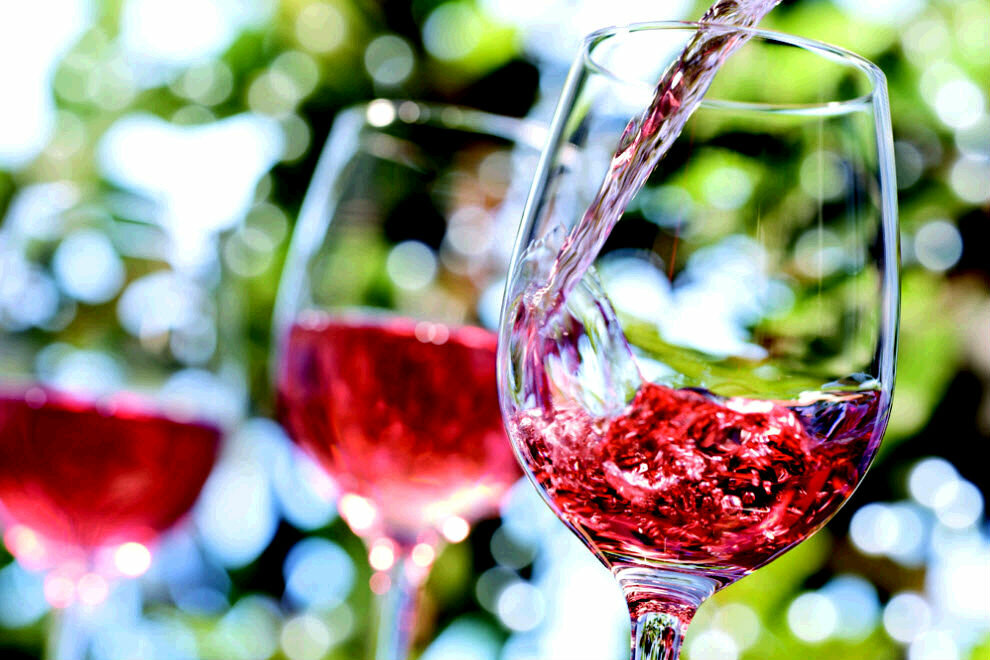
Rating of the best rose wines, costing from 500 to 1000 rubles
Gazela Rose
votes 5
Light, slightly fizzy drink from sunny Portugal. Produced from 3 grape varieties by pressing. Color - peach, transparent. The taste is refreshing, fruity, moderately sweet. Smells of citrus and strawberry. Almost no aftertaste.
Serve chilled with fish, meat, seafood.
Producer - Sogrape Viños (Portugal)
Volume - 0.75 l
Sugar - semi-dry
Fortress - 9.5%
Price - 820 rubles (with a discount it will cost 650)
- good feedback;
- acceptable price;
- refreshing, easy to drink, without consequences like a headache, but still not worth abusing.
- no.

LAGO ROSE
votes 18
From Portugal's Vinho Verde, Calçada's oldest winery in the region. Young, light pink shade with a hint of berries, lime and melon.A truly delicious, refreshing drink. The aroma is delicate, with a hint of strawberry and citrus.
Before use, you should cool it well, keep the open bottle in the cold, not letting it get warm, otherwise the taste will be lost.
Customer reviews are only positive.
Producer - Calçada (Vinho Verde, Portugal)
Volume - 0.75 l
Sugar - semi-dry
Fortress - 10%
Price - 915 rubles
- color;
- beautiful bottle;
- refreshing.
- no.

Folia Rosato Negroamaro
votes 1
From the Italian winery Cantina Diomede, founded in 1903. The wine is produced in accordance with local traditions, bottles are aged with a drink in a natural cave located in the city of Canosa.
The color is pink, in the light it plays with purple highlights. The taste is soft, slightly pronounced, rounded, with light berry notes.
Producer - Cantina Diomede, Italy, Puglia
Volume - 0.75 l
Sugar - dry
Fortress - 12.5%
Price - 790 rubles
- price-taste-quality ratio;
- monovarietal (Negroamaro grapes);
- bright salmon color.
- there are no significant ones, except for a transparent bottle.

Burnier Rose
votes 2
From a Russian manufacturer. Slightly tart, with hints of redcurrant and pomegranate aftertaste. Intense aroma and bright color with a raspberry tint, which can only be appreciated in a glass, since the drink is sold in a dark glass bottle.
Suitable for almost any dish - from salads to grilled meats. Pairs well with unsalted cheeses.
The wine was highly appreciated by tasters (81 points out of 100).
Producer - Russia, Novorossiysk
Volume - 0.75 l
Sugar - dry
Fortress - 12%
Price - 720 rubles
- optimal price-quality ratio.
- no.

Sun Valley Rose
votes 2
Crimean dry wine made from Pinot Noir, Syrah grape varieties grown in local vineyards. A drink with a light berry shade and a pronounced, pleasant aroma of barberry and raspberry.
Not cloying, not overly acidic. The aftertaste is pleasant and long. Suitable for light cheeses and fruit salads. Looks great and plays in a glass, creating a truly festive mood.
Producer - Solnechnaya Dolina (Crimea, Russia)
Volume - 0.75 l
Sugar - dry
Fortress - 13%
Price - 720 rubles (with a discount - a little more than 500)
- beautiful design of the bottle;
- rich, balanced taste without sharp changes from sweetness to acidity;
- pleasant shade.
- there are no significant ones.
Top 3 elite rosé wines

Cerasuolo Montepulciano d'Abruzzo
votes 3
Italian wine with a multifaceted, sharp taste. At the very beginning, it opens with notes of ripe strawberries and rose petals. After you can feel the taste of walnut, blackcurrant. The finish is long, with subtle coffee nuances.
This is a single-varietal drink produced from the Montepulciano grapes in the wineries of the family Valentini. Fermentation takes place in oak barrels, without temperature control. The wine is bottled without pre-filtering, so over time it “gains” the taste.
Producer - Valentini, Cerasuolo d'Abruzzo (Italy)
Volume - 0.75 l
Sugar - dry
Fortress - 14%
Price - 19700 rubles
- taste is complex and multifaceted;
- a dark glass bottle protects the drink from the negative effects of sunlight.
- no.
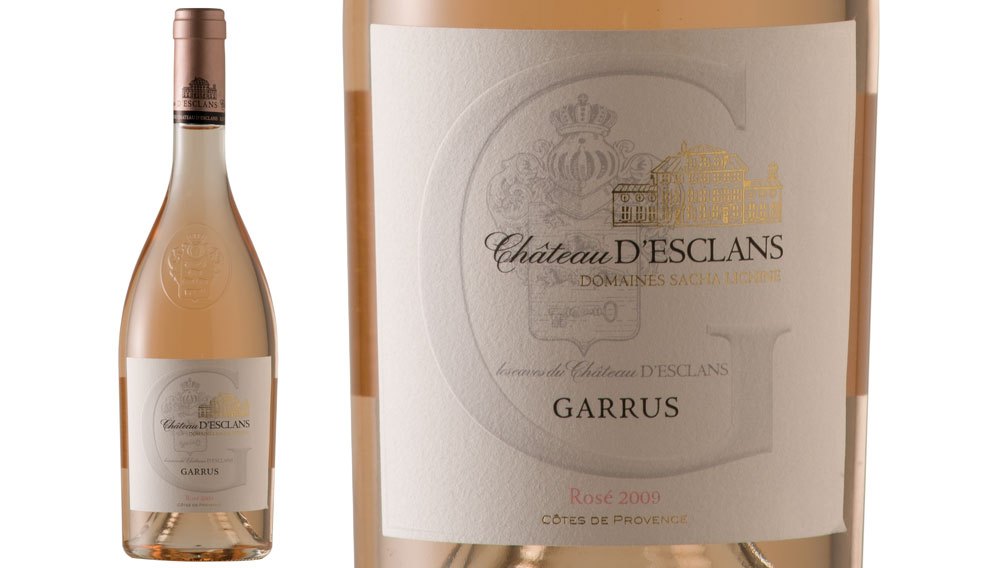
Garrus Rose
votes 2
Garyu is the name of one of the oldest Grenache vineyards (about 80 years old).The grapes are harvested in the early morning and placed in a single layer in small boxes to avoid the oxidation process. The wine is aged in oak barrels, the temperature is controlled individually for each. Production is limited - no more than 6 barrels per year. The price per bottle is appropriate. The taste is unusual, with a hint of spices, tarragon and baked pear. Color - warm pink, beautifully playing in the sun. It goes well with vegetable stew, meat dishes. The recommended serving temperature is 12-14 degrees.
Producer - Chateau d'Esclans (France, Côte de Provence)
Volume - 0.75 l
Sugar - dry
Fortress - 14%
Price - 23,000 (vintage, 2007 harvest will cost 10,000 per bottle)
- the oldest manufacturer in Provence;
- unusual color.
- price
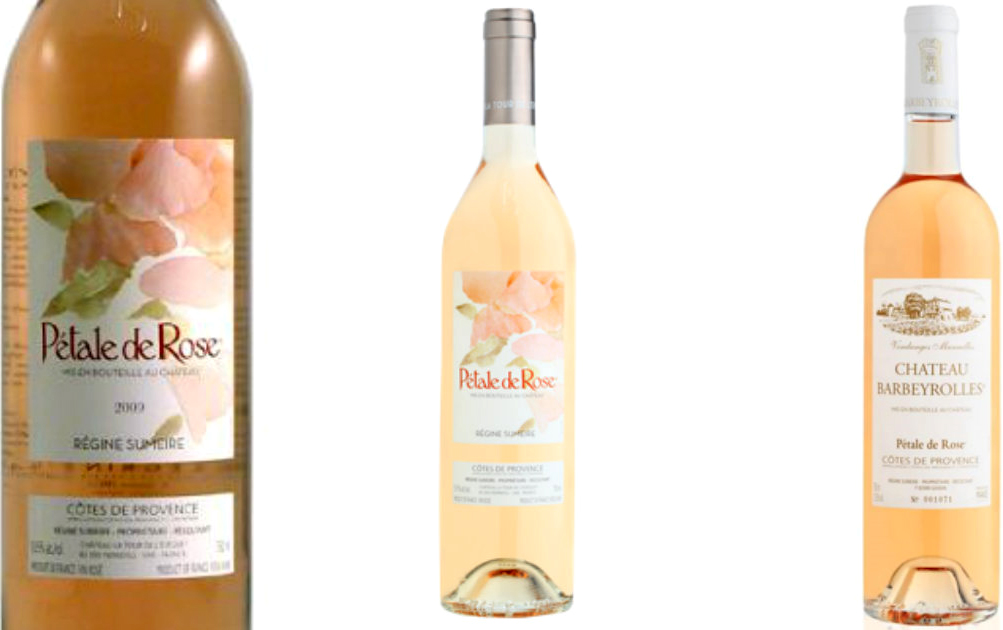
Petale de Rose
votes 1
Another bright representative of Provence. Young wine with bright notes of cloves, which stand out against the background of a calm berry shade. There are shades of licorice and anise, so if you do not like spices, it is better to choose another option.
Hue - straw with a salmon tint. The bottle is elegant with a narrow neck and a concave bottom.
Separately, it is worth talking about volume. The choice of bottles - 1.5 liters and standard - 0.75 liters. If you have never tried Petale de Rose, you should start with a small bottle.
The blended drink is made from 3 grape varieties grown in organic (confirmed by international eco-certificates) Maurettes vineyards. The production technology is unusual, after harvesting the best clusters are selected by hand. This is followed by soft pressing (as opposed to standard crushing), so that a minimum amount of tannins from the skins enters the must. This means that the taste is almost devoid of astringency and bitterness.
Producer - Chateau la Tour de l'Eveque (France, Côte de Provence)
Volume - to choose from 1.5 l or 0.75 l
Sugar - dry
Fortress - 14%
Price - 7900 (for a bottle of 1.5 liters)
- environmentally friendly production;
- balanced taste.
- not everyone will appreciate the taste of licorice.
The drinks presented in the rating are sold in supermarkets and specialized alcohol stores. You can also buy a bottle of rose online. When choosing, pay attention to the information on the website (producer, country, region, grape varieties). Also, the description should indicate the volume, price, shipping costs.
new entries
Categories
Useful
Popular Articles
-

Top ranking of the best and cheapest scooters up to 50cc in 2022
Views: 131653 -

Rating of the best soundproofing materials for an apartment in 2022
Views: 127693 -

Rating of cheap analogues of expensive medicines for flu and colds for 2022
Views: 124520 -

The best men's sneakers in 2022
Views: 124035 -

The Best Complex Vitamins in 2022
Views: 121941 -

Top ranking of the best smartwatches 2022 - price-quality ratio
Views: 114981 -

The best paint for gray hair - top rating 2022
Views: 113397 -

Ranking of the best wood paints for interior work in 2022
Views: 110320 -

Rating of the best spinning reels in 2022
Views: 105331 -

Ranking of the best sex dolls for men for 2022
Views: 104369 -

Ranking of the best action cameras from China in 2022
Views: 102217 -

The most effective calcium preparations for adults and children in 2022
Views: 102012
